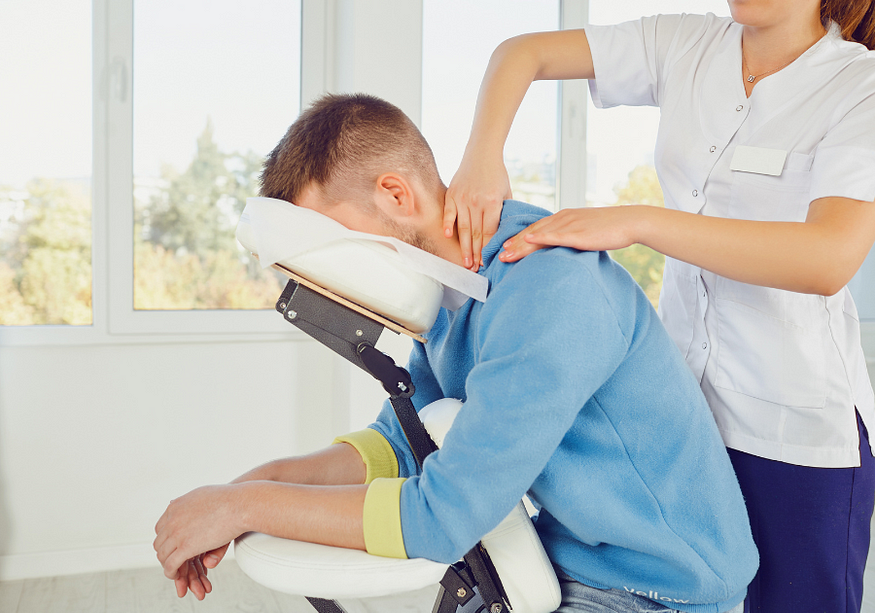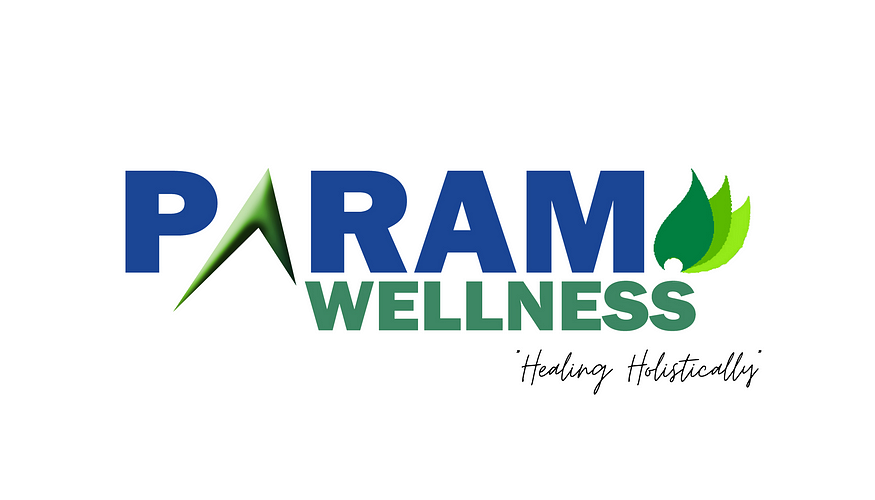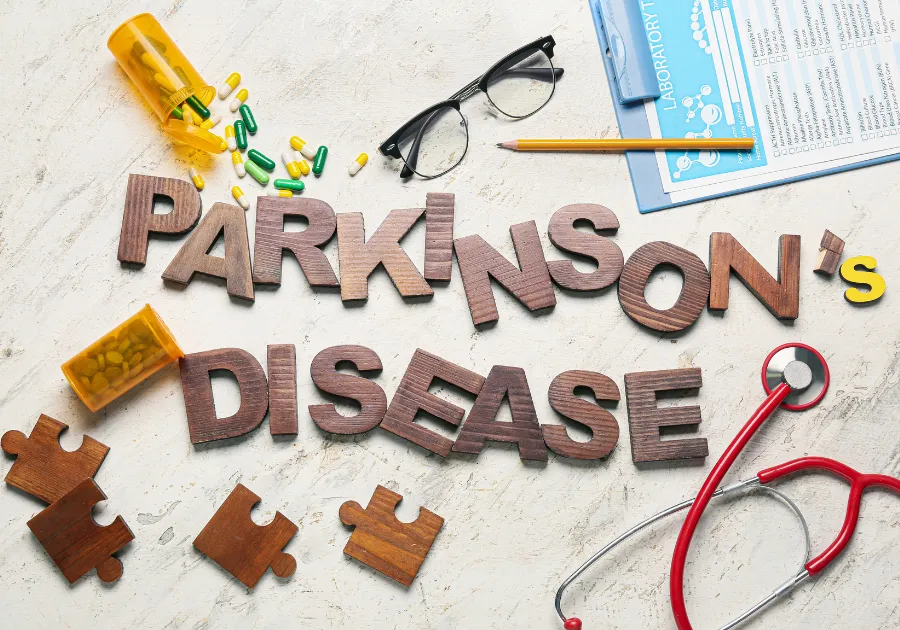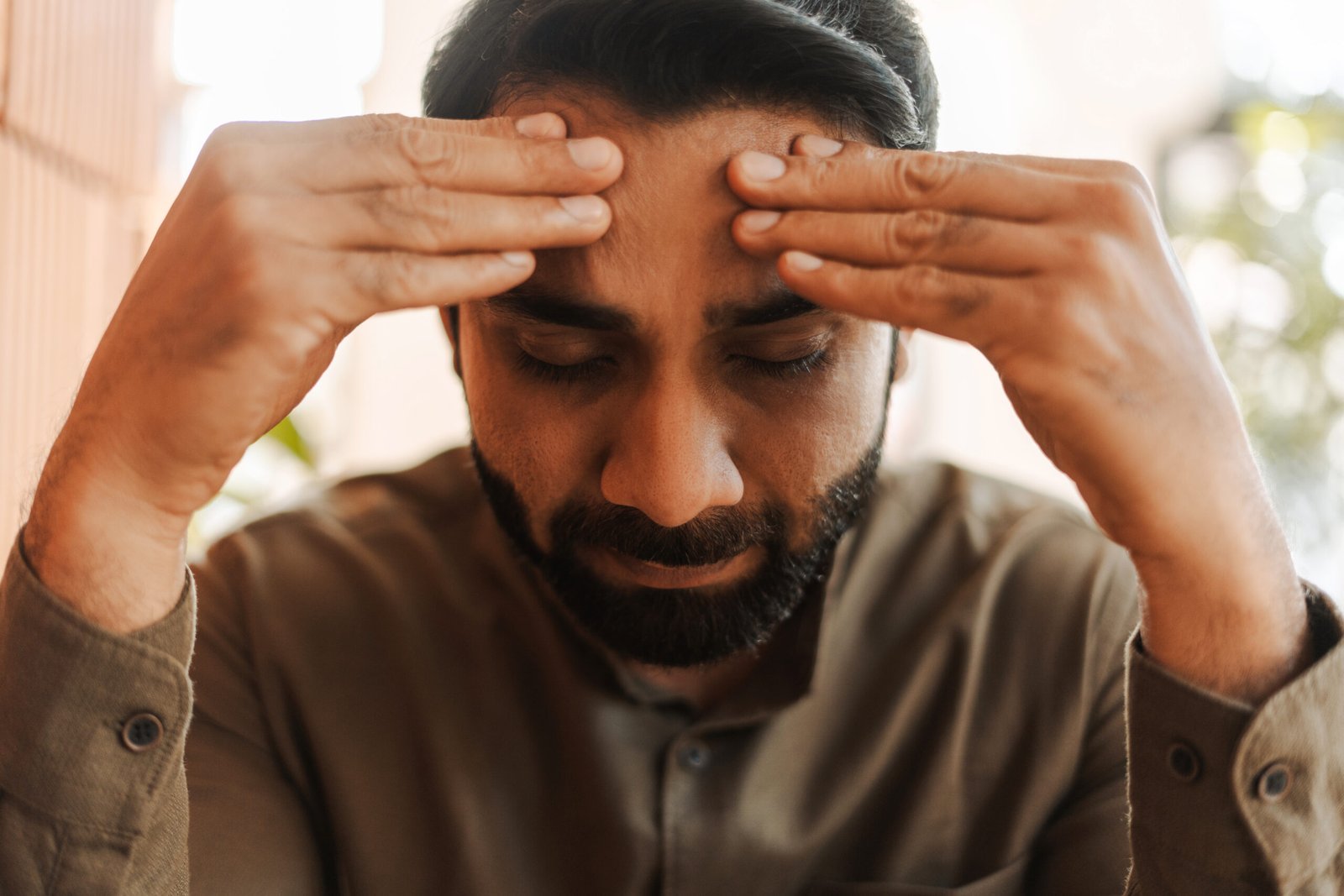Parkinson’s disease is a progressive neurological disorder that affects movement and is caused by a lack of dopamine-producing cells in the brain, which affects movement, balance, and coordination. While there is currently no cure for Parkinson’s disease, various treatment options are available, including medication, surgery, physical therapy, and Ayurveda.
Physical therapy can help improve motor function, balance, and overall quality of life for individuals with PD. A physical therapist can design a customized exercise program that includes stretching, strengthening, and balance exercises to improve gait and posture. They can also use various techniques such as manual therapy, massage, and joint mobilization to relieve stiffness, pain, and muscle tension. Exercises that focus on strength, flexibility, and coordination can be customized to the individual’s needs and abilities, reducing the risk of falls.
Ayurveda is an ancient Indian system of medicine that uses natural remedies and lifestyle modifications to promote health and wellness. It has been used for thousands of years to treat various ailments, including neurological disorders. Ayurvedic treatments for Parkinson’s disease typically include a combination of herbal remedies, dietary changes, and lifestyle modifications. In Ayurveda, PD is believed to be caused by an imbalance of the Vata dosha, which governs movement and nervous system function. Ayurvedic treatments may include herbal remedies such as ashwagandha, brahmi, and turmeric, as well as massage, yoga, and meditation.
Integrating PT and Ayurveda can provide a more comprehensive approach to managing PD symptoms. A physical therapist can work with an Ayurvedic practitioner to design a customized treatment plan that includes physical therapy exercises and remedies. For example, the physical therapist may design an exercise program that includes yoga and balance exercises. At the same time, the Ayurvedic practitioner may recommend specific herbal remedies and dietary changes to balance the Vata dosha.

Some specific ways in which physical therapy and Ayurveda can be integrated include:
- Yoga And Other Exercises: Yoga is a form of exercise that is widely used in Ayurveda to promote flexibility, balance, and strength. Practicing yoga can help improve balance and reduce the risk of falls in people with Parkinson’s disease. Physical therapists can work with Ayurvedic practitioners to develop a customized yoga program that meets each patient’s individual needs.
- Massage Therapy: Massage therapy is another Ayurvedic practice that can be used to manage symptoms of Parkinson’s disease. Massage can help improve circulation, reduce muscle tension, and promote relaxation. Physical therapists can incorporate massage therapy into their treatment plans to help relieve muscle stiffness and improve range of motion.
- Dietary Changes: Ayurveda emphasizes the importance of a healthy diet in maintaining overall health and well-being. Certain foods, such as turmeric, ginger, and garlic, have been shown to have anti-inflammatory and neuroprotective effects, which may be beneficial for people with Parkinson’s disease. Ayurvedic practitioners can work with physical therapists to develop a dietary plan that supports the goals of physical therapy.
- Herbal Remedies: Ayurvedic herbal remedies, such as ashwagandha and brahmi, have been used for centuries to improve cognitive function and reduce inflammation. These remedies may be useful in managing some of the symptoms of Parkinson’s disease. Ayurvedic practitioners can work with physical therapists to develop a customized herbal treatment plan that is safe and effective.

Parkinson’s disease is a complex neurological disorder that affects movement and coordination. While there is no cure for this condition, there are various treatment options available that can help manage its symptoms and improve the quality of life for those living with it. Physical therapy and Ayurveda are two complementary approaches that can be used together to provide a comprehensive treatment plan that addresses both the physical and emotional needs of individuals with Parkinson’s disease. By incorporating exercise, massage, dietary changes, and herbal remedies, physical therapists and Ayurvedic practitioners can work together to create a customized treatment plan that is safe, effective, and tailored to meet the unique needs of each patient. With the right combination of therapies and support, individuals with Parkinson’s disease can achieve a better quality of life and continue to live their lives to the fullest.

Param Wellness is an authentic Ayurveda, Yoga & Nature Cure wellness center located in the heart of Oak Tree Road in Edison, New Jersey.
Address: 1655 Oak Tree Rd Suite 215/220, Edison, NJ 08820 USA
Phone: +1 (732) 662–5345
Whatsapp: +1 (732) 781–5686
Inquire Now: Paramwellness.com
Shop Our Brand: https://paramcare.com/



